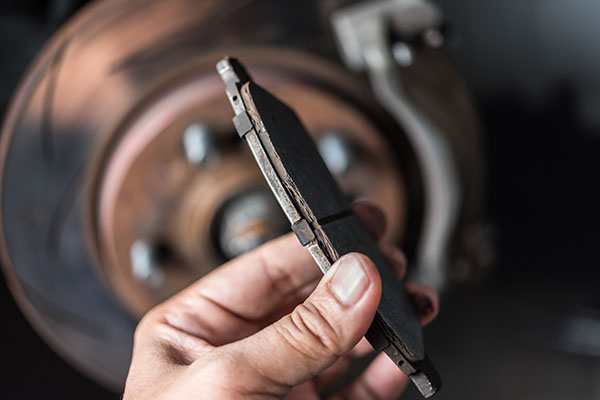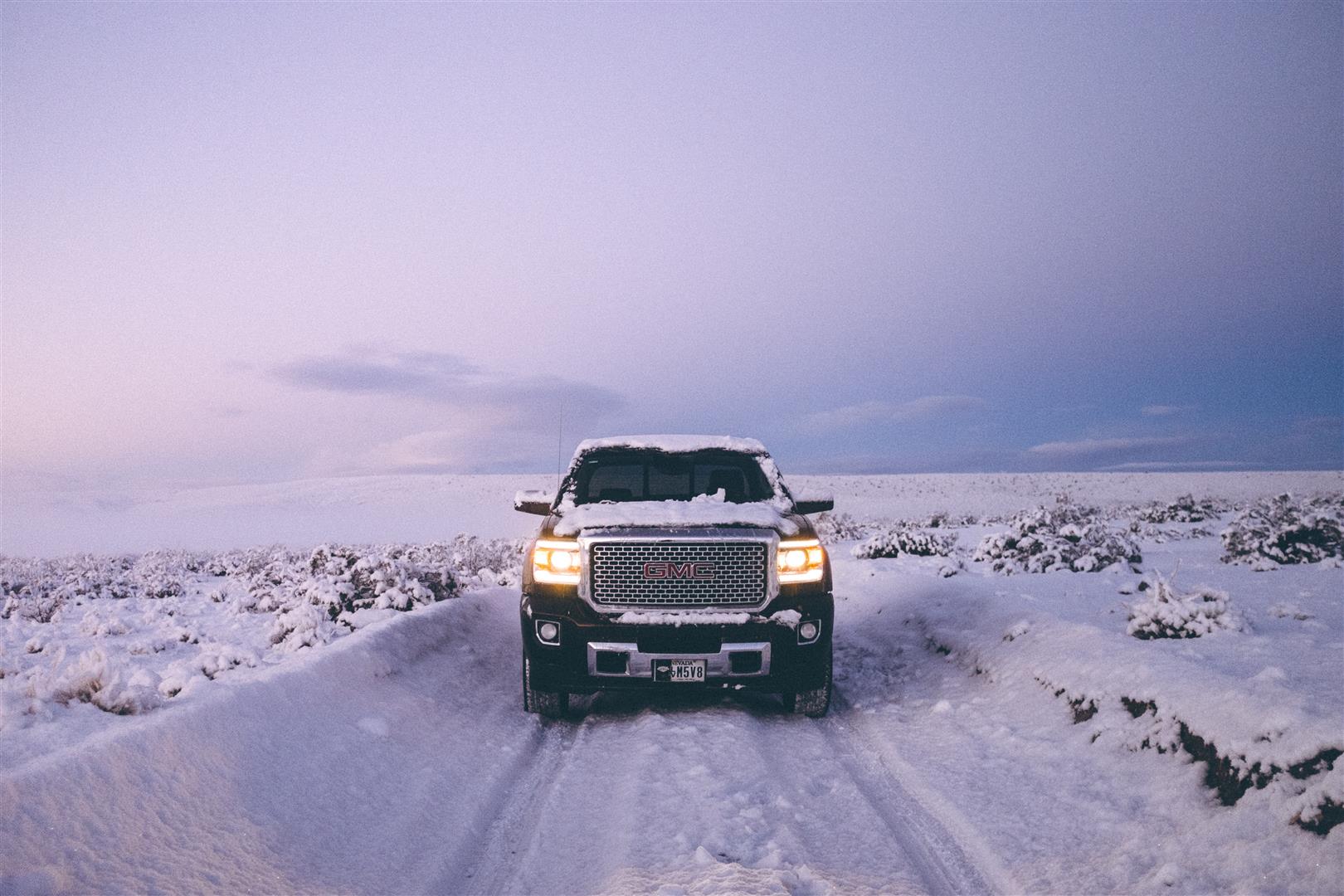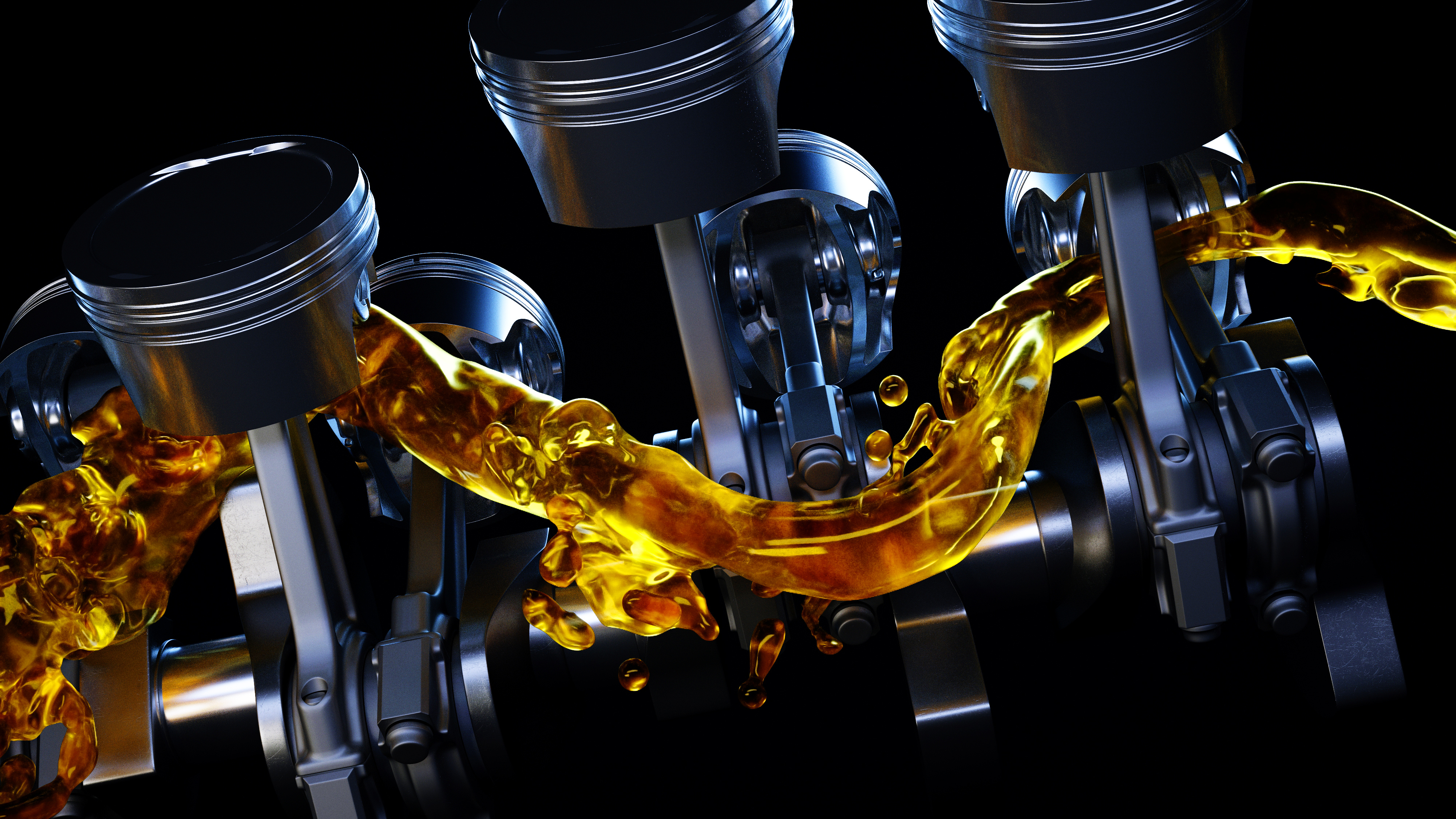Posted on 11/3/2023

Warming up your vehicle before driving is a common practice in colder climates, but it has both pros and cons. Here are some of the advantages and disadvantages: Pros of Warming Up Your Vehicle: 1. Engine Lubrication: Warming up your vehicle allows the engine oil to reach its optimal operating temperature and flow smoothly, providing better lubrication. This helps reduce wear and tear on engine components, especially during cold starts. 2. Interior Comfort: Preheating your vehicle's interior can make it more comfortable for occupants, particularly during freezing temperatures. 3. Defrosting: Warming up the vehicle helps defrost the windows, improving visibility and ensuring safer driving conditions. 4. Battery Performance: In extremely cold weather, warming up the engine can help the vehicle's battery perform better by reducing its load. This might be especially beneficial for older or weaker batteries. Cons of Warming Up Your Vehicle: 1. Fuel Consumption: Idling the engine t ... read more
Posted on 10/31/2023

Have you ever noticed the mysterious symphony that your vehicle seems to perform when you apply the brakes or decelerate? It's a common experience that leaves many drivers puzzled and concerned. From squeaks and squeals to grinds and thuds, these sounds can be downright unnerving. What Sounds Can Be Heard? Imagine your car as a concert hall, and your brakes as the orchestra - doesn't sound good, does it? Each time you press the brake pedal, it's like cueing the conductor to start the performance. The ensuing sounds are the result of various components playing their part. Squeaks and Squeals These high-pitched, squeaky sounds are often caused by the brake pads vibrating against the rotor. It's like the violin section warming up before a grand performance. Moisture, dirt, or uneven wear can make them more pronounced. Grinds and Groans T ... read more
Posted on 10/24/2023

Winterizing your vehicle is crucial to ensure its optimal performance and your safety during the cold winter months. Start by checking your tires and ensuring they have adequate tread depth and proper inflation to maintain traction on icy or snowy roads. Consider switching to winter tires for enhanced grip. Next, inspect your vehicle's battery and electrical system, as cold weather can reduce battery capacity. Clean any corrosion and ensure a full charge. It's also essential to check your vehicle's antifreeze and coolant levels and top them up if necessary. Additionally, keep your windshield washer fluid reservoir filled with a winter-specific solution that won't freeze. Don't forget to inspect your wiper blades and replace them if they're worn out. Lastly, assemble an emergency kit that includes items like a snow shovel, ice scraper, blankets, flashlight, and extra warm clothing. By following these tips, you'll be well-prepared to face winter driving condit ... read more
Posted on 10/17/2023

Determining whether you need snow tires or if your all-terrain tires are suitable for winter conditions depends on various factors such as your location, climate, driving conditions, and personal preferences. Here are a few considerations to help you make an informed decision: 1. Climate and Weather Conditions: Evaluate the typical winter weather in your area. If you experience heavy snowfall, icy roads, or prolonged periods of freezing temperatures, dedicated snow tires may provide better traction and handling than all-terrain tires. 2. Road Conditions: Consider the condition of the roads you frequently drive on during winter. If you often encounter unplowed or poorly maintained roads with deep snow or slush, snow tires may be beneficial due to their specialized tread patterns and rubber compounds designed for enhanced grip in winter conditions. 3. Traction and Performance: All-terrain tires are designed to provide decent performance in a wide range of conditions, including light s ... read more
Posted on 9/29/2023

Engine oil – it's the fluid that keeps your vehicle's heart beating. Whether you're a seasoned car enthusiast or just someone who relies on their trusty ride for daily commutes, understanding the do's and don'ts of engine oil maintenance is crucial. While it is only a fluid, it directly reflects on your vehicle's lifespan and condition. The Don'ts of Engine Oil MaintenanceOverlook Oil Leaks If you spot oil stains on your driveway or garage floor, don't ignore them. Address oil leaks promptly to prevent engine damage and environmental contamination. Leaking oil not only harms your engine but also poses a risk to the environment, as it can find its way into waterways. Neglect the Oil Filter Changing the oil without replacing the oil filter is like ta ... read more